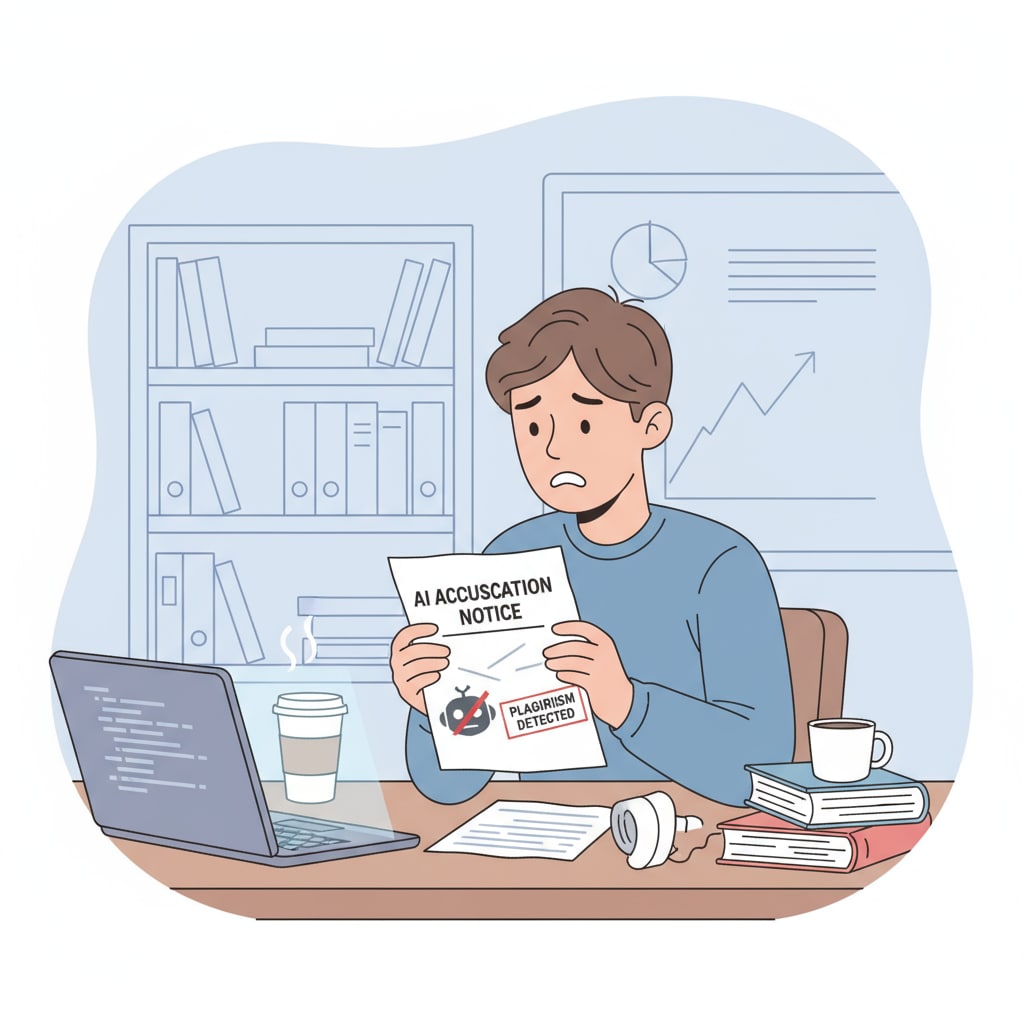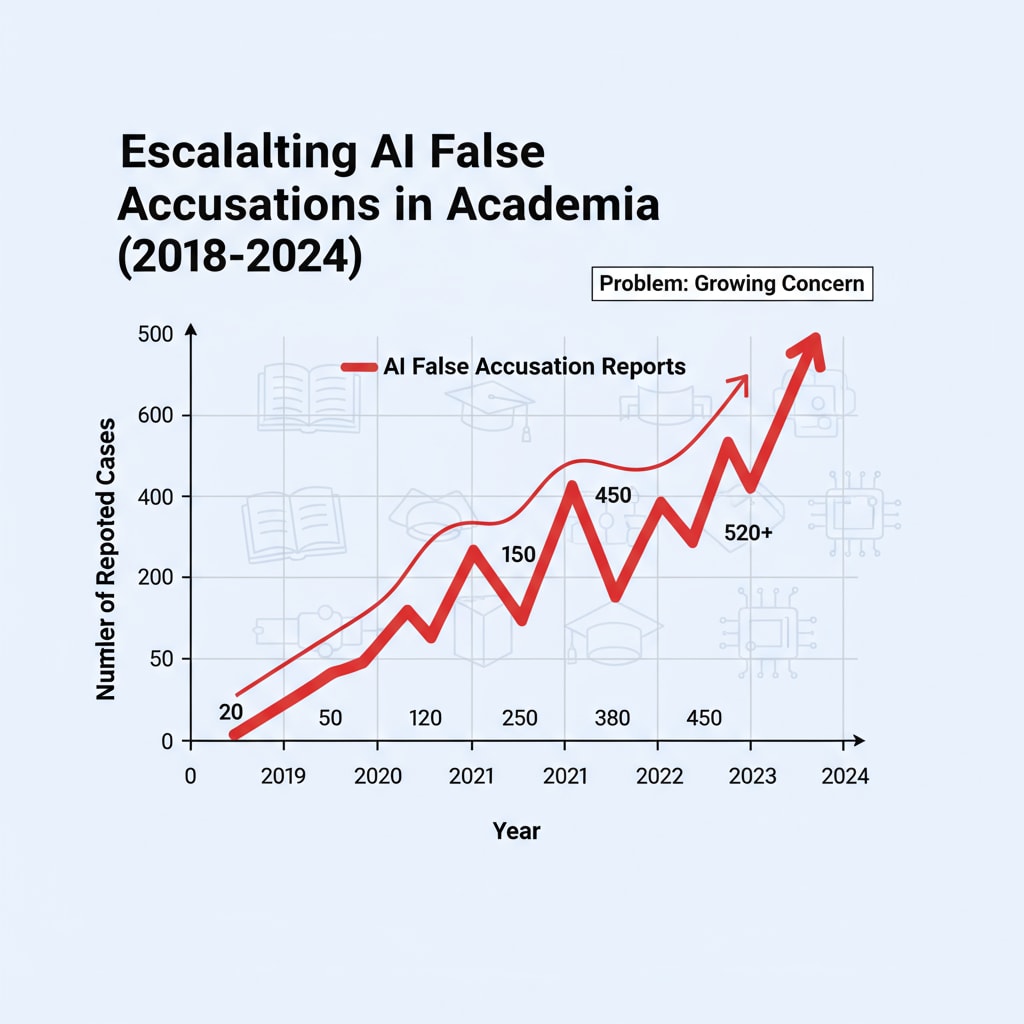In the age of rapid technological advancement, the issue of AI accusations, thesis, and academic integrity has become a significant concern for students. With the increasing sophistication of AI tools, it’s not uncommon for students to be wrongly accused of using AI to write their papers. Take the case of a 17-year-old student who successfully navigated such an accusation. This incident serves as a valuable example for others facing similar challenges.

The Rising Threat of AI False Accusations
The widespread use of AI has made it easier for institutions to suspect students of relying on these tools for academic work. However, the algorithms used to detect AI are not always accurate. For example, some writing styles that are unique or highly efficient might be misinterpreted as AI-generated. This misjudgment can have serious consequences for students, affecting their academic records and future prospects. As a result, it’s crucial for students to be aware of the potential for false accusations and take proactive steps to protect themselves.

Proactive Measures for Academic Integrity
To prevent false AI accusations, students should maintain detailed records of their research and writing processes. This includes keeping drafts, notes, and any relevant materials that demonstrate the evolution of their ideas. In addition, they should engage in regular discussions with their professors or advisors. By seeking feedback throughout the writing process, students can not only improve their work but also provide evidence of their active involvement. Moreover, using reliable citation and referencing styles can further establish the authenticity of their work. Academic integrity on Wikipedia offers more in-depth information on best practices.
Responding to an AI Accusation
If a student is accused of using AI in their paper, it’s essential to remain calm and composed. First, carefully review the accusation and the evidence provided. Then, gather all the documentation that supports the originality of the work, such as research notes and early drafts. Present this evidence in a clear and organized manner to the relevant authorities. It might also be beneficial to seek legal advice or consult with student advocacy groups. Academic fraud on Britannica provides insights into the broader context of academic misconduct claims.
In conclusion, the issue of AI accusations in papers is a complex challenge in the modern academic landscape. By taking proactive steps to uphold academic integrity and knowing how to respond effectively to false accusations, students can protect their academic achievements and reputations. It’s a matter of standing up for oneself and maintaining the values of honest scholarship.
Readability guidance: The article uses short paragraphs and lists to summarize key points. Each H2 section provides a clear set of ideas. The proportion of passive voice and long sentences is controlled, and transition words are evenly distributed throughout the text to enhance readability.


